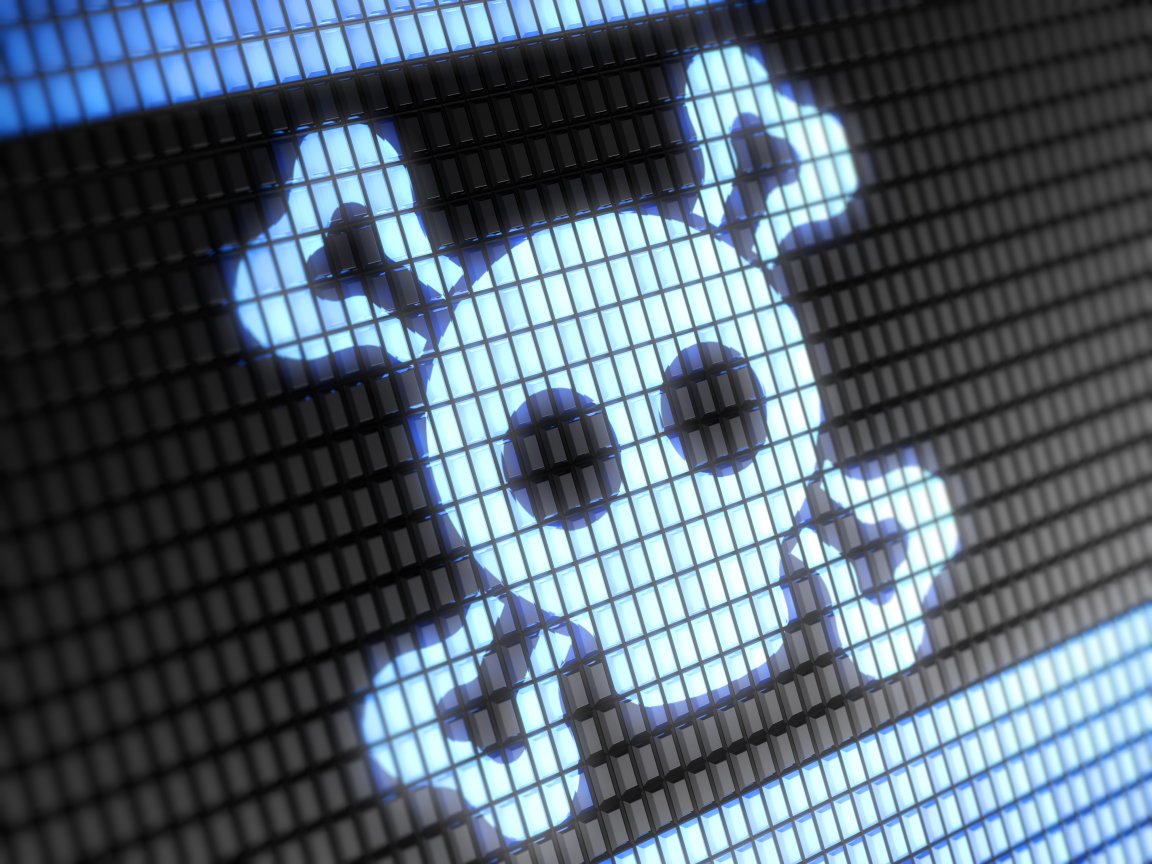
Secret Testing
According to TorrentFreak, a popular piracy website called The Pirate Bay has secretly been testing a Javascript cryptocurrency miner on their page that allocates a huge chunk of their visitors’ central processing units (CPUs) to the task of mining digital coins.
The website in question was created to assist people in illegally downloading files (movies, games, and music), then hijacked the users’ computers in order to mine digital money. The scheme appears to be the piracy website’s attempt at earning revenue.

It’s no secret that most websites generate income through ad placements — a platform that’s largely unavailable for a piracy website like Pirate Bay. That’s why they’re resorting to mining cryptocurrencies. This potentially new revenue stream, however, isn’t sitting well with its users, as they are caught by surprise when their computer’s CPU usage spike sharply, making their computers run more slowly.
“That really is serious, so hopefully we can get some action on it quickly. And perhaps get some attention for the uploading and commenting bugs while they’re at it,” a Pirate Bay user named “Sid” wrote in a comment, according to TorrentFreak.
A Question of Regulation
Whether this is a viable alternative to ad revenue or not, The Pirate Bay told TorrentFreak that they’re testing it for 24 hours. This development raises an important point regarding cryptocurrency and mining. Piracy is bad, yes — but exploiting users isn’t a good strategy for any website. With the rise of cryptos like Bitcoin, mining has become a widely established practice. Everyone who can afford to spend a few bucks on a dedicated CPU, and pay for electricity to maintain a blockchain, can mine digital coins.
However, just like how cryptocurrency has been subjected to questions of regulation, perhaps mining should be looked at the same way. Many say that cryptos like Bitcoin have to be regulated, although there’s yet to be a global consensus on the way to go about this. How this regulation extends to mining is another matter altogether. Should we, for example, enact certain policies to restrict who can mine cryptos, or subject erring users to penalties?
Decentralization is one of the defining points of blockchain and cryptocurrency use, and some see regulation is a potential threat to that. Clearly, a balance must be struck, otherwise people are left unprotected and exposed to potentially exploitative methods — like those who “borrow” your CPU to earn a few virtual coins.
Disclosure: Several members of the Futurism team, including the editors of this piece, are personal investors in a number of cryptocurrency markets. Their personal investment perspectives have no impact on editorial content.